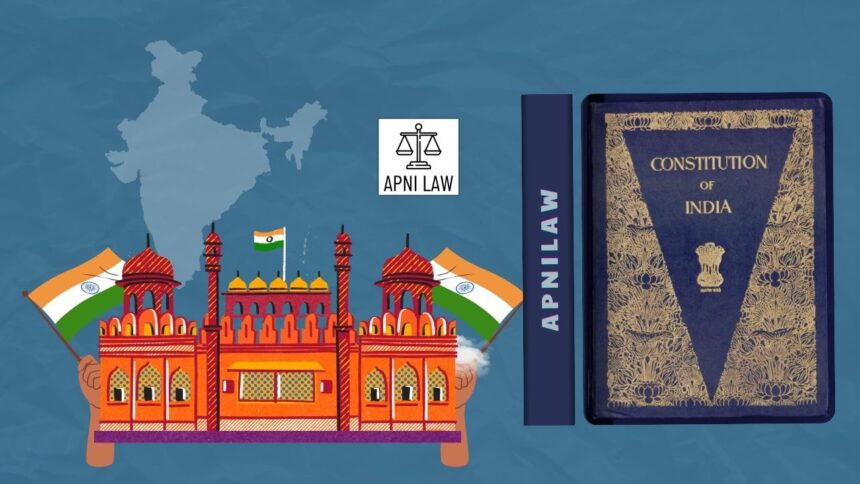India’s judiciary includes specialized courts designed to ensure efficiency and accessibility. Among them, Fast-Track Courts (FTCs) and Family Courts play key roles in delivering quick and focused justice. While FTCs expedite serious and time-sensitive cases, Family Courts handle personal and matrimonial disputes through conciliation and sensitivity.
What Are Fast-Track Courts and Why Were They Established?
Fast-Track Courts were created to accelerate the disposal of pending and critical cases. They deal primarily with heinous crimes, and civil cases involving women, children, senior citizens, and property disputes, as well as offences under special laws. Their objective is to ensure timely justice and reduce the burden on regular courts.
These courts operate with streamlined procedures, limited adjournments, and strict deadlines. Judges take an active role in managing cases efficiently, often examining witnesses in a single session to avoid unnecessary delays. Although FTCs do not change substantive laws, they significantly improve procedural efficiency by maintaining a focused schedule.
The initiative was first implemented on the recommendation of the Finance Commission, and today, thousands of such courts operate across India, handling urgent and sensitive matters. They have been instrumental in reducing the pendency of criminal trials, especially those involving sexual offences and crimes against women and children.
How Do Family Courts Function and What Makes Them Different?
Family Courts, established under the Family Courts Act, 1984, are specialized forums for resolving marriage, divorce, child custody, maintenance, and other family-related issues. Unlike traditional courts, they emphasize conciliation and settlement rather than confrontation. The main goal is to protect the best interests of the family, particularly children and vulnerable members.
The environment of Family Courts is deliberately informal and non-intimidating, encouraging dialogue and understanding between parties. Judges and staff often possess training in both law and social work, allowing them to approach disputes with empathy and balance. This setup helps reduce emotional strain while achieving faster and fairer resolutions.
How Do These Courts Contribute to India’s Justice System?
Both Fast-Track Courts and Family Courts represent India’s commitment to accessible and efficient justice. FTCs tackle the speed aspect by expediting trials in urgent cases, whereas Family Courts focus on sensitivity and reconciliation in domestic disputes. Together, they address two critical challenges, judicial delay and the need for humane, context-driven dispute resolution.
For any specific query call at +91 – 8569843472
Conclusion
In conclusion, Fast-Track Courts and Family Courts stand as vital pillars of India’s judicial framework. By combining efficiency, specialization, and compassion, they help bridge the gap between justice and accessibility, ensuring that citizens receive fair outcomes without unnecessary delay or hardship.








